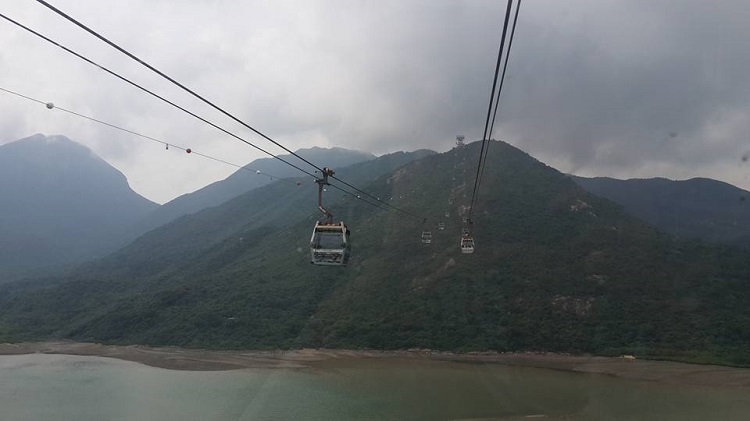A council meeting of government advisers was supposed to happen in hopes of discussing the environmental impact of a planned offshore natural gas facility near Lantau Island. Unfortunately, it has been scrapped. This eventually raised concerns from a Hong Kong green group, stating that any decision might be "rubber-stamped."
According to South China Morning Post, the Advisory Council on the Environment dissed the full council meeting. This happened after a subcommittee decided to vet CLP Power's environmental impact assessment (EIA) thoroughly.
The EIA subcommittee - which 17 of the 22 council members sit on - gave the nod for the project, an offshore liquefied natural gas receiving terminal, on July 23, attached with six recommendations and 11 suggestions.
The terminal, which has an estimated cost of about HK$6 billion, is expected to require at least 21 months to build. It was originally proposed in 2016, as it was believed to help Hong Kong buy natural gas from a wider range of sources at more competitive prices. It currently relies on a limited piped supply.
Hong Kong Informer reports that the council is scheduled to make an official recommendation, pending comments and concerns from other members. At the same time, it will be passed onto the director of environmental protection, its chairman Stanley Wong Yuen-fai said.
But there will be no public deliberation in council, and the project's backer will not have to present its case again.
"I've never heard of this happening before, at least for a project of such scale," said WWF-Hong Kong conservationist Samantha Lee Mei-wah, whose group strongly opposes the project.
Lee's group has argued that the facility would harm marine life and compromise a planned marine protected area nearby.
"If the full council doesn't have to discuss anything, how is it to serve as a gatekeeper?" Lee said.
The conservationist also mentioned that the full council would usually meet to discuss, even if the agendas project obscurity and triviality. But as far as council and subcommittee members were concerned, they were far from being too worried.
"I don't think this is too contentious," said member Dr Eric Tsang Po-keung, who is also an expert on EIAs at Education University. "If most members are on the subcommittee anyway, and have no major disagreements, the council can come to a decision via circulation."
He stressed the subcommittee meeting, like the full council one, was also open to members of the public and press.






